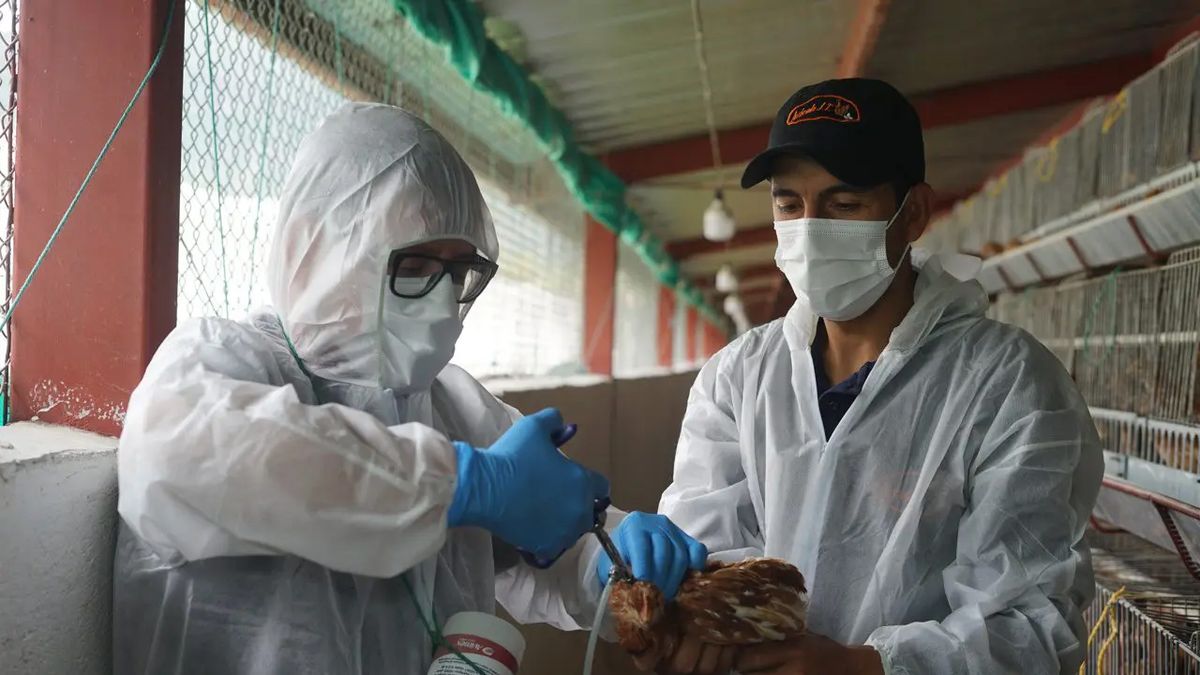He Ministry of Livestock, Agriculture and Fisheries (MGAP) defined that compulsory vaccination against bird flu in Uruguay it will begin on May 2 in chickens, after the government acquired ten million doses to vaccinate in two categories: day-old chickens and adult chickens; the means of the claim of poultry producers for greater investment in the sector.
In the midst of growing alarm over the spread of bird flu in the country, and with the tenth outbreak confirmed in 50 hens from Montevideo —the fifth outbreak that occurs in backyard, non-commercial birds—, the MGAP finally announced the start of mandatory vaccination against this virus, which has already been classified as “epidemiological threat” by the holder of the wallet, Fernando Mattos.
Thus, from May 2, all light and heavy hens, as well as layers belonging to commercial establishments, must be vaccinated under veterinary supervision. Vaccines, meanwhile, will arrive in the country from Mexico next week, and it is expected that in 20 days all the target animals will be inoculated.
Tensions in the poultry sector
The news of the vaccination comes at a time when concern in —and by— the poultry sector has come to generate tensions between the sectors involved in the containment and prevention of the Avian Influenza.
The news of the latest outbreaks detected had such an impact that the Uruguayan Chamber of Poultry Processors (Cupra) They demanded from the MGAP, through a letter, to count the information in real time on the monitoring of avian flu cases and also to include scientific control, as well as a greater investment in the sector as was done with the meat industry.
Above all, the recent slaughter of 100 hens in Saint Joseph, Although they were not part of the productive circuit —which, up to now, is safe and with no reported cases—, it revived a certain sense of panic in a sector that has already been hit financially, and for which it is not yet possible to estimate the losses caused by bird flu, as Mattos himself pointed out.
Among the measures that Cupra proposed to the MGAP, he highlighted the creation of an entity similar to the Honorary Scientific Advisory Group (GACH) where scientists from the National Agency for Research and Innovation (ANII)“to enrich knowledge and follow the evolution of the global epidemic, advising public and private actors”.
On the other hand, they claimed that the government should devote its greatest efforts “to solve the problems of informality and biosecurity associated with a large number of egg-laying farms.” This is related to a need for the country to invest in the poultry sector. “National poultry farming requires that the country invests as it did and does for bovine meatin the development of knowledge and in the contribution of the best scientists that we can count on so that we can take firm and safe steps in the development strategy of the sector agreed with the government”, said, in this regard, the president of Cupra, Sunday Estevez.
Source: Ambito




